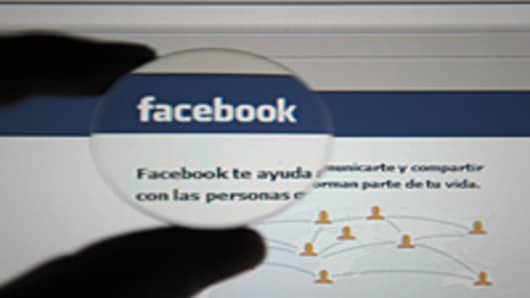The company says that when it bought ads on Facebook, it could only verify about 20 percent of the clicks it was charged for, saying the other 80 percent were from bots. Looking to change the name of its profile page from Limited Pressing to Limited Run, the company said Facebook only agreed to the name change if it agreed to spend $2,000 more in advertising each month.
Facebook responded with this statement: “We're currently investigating their claims. For their issue with the Page name change, there seems to be some sort of miscommunication. We do not charge Pages to have their names changed. Our team is reaching out about this now.”
But Facebook has already taken steps to defend itself against allegation of bot activity. Months ago Facebook disclosed that about 5 percent of its nearly 1 billion users could be fake and that it’s taking great steps to find fake accounts and disable them immediately.
The company looks for repetitive clicks from single users, or any other signs that clicks are from an automated program. Facebook also looks at whether JavaScript is enabled in the browser, as an indication of whether or not clicks might be automated.
Facebook refutes Limited Run’s claim that 80 percent of the clicks Facebook was charging for didn’t have JavaScript, which “makes it difficult for an analytics service to verify the click.” Facebook said: “According to our recent data, nearly all billable clicks resulting from desktop web browsers have JavaScript enabled.”
Translation: We know people are clicking because JavaScript allows us to accurately measure.
It’s in Facebook’s best interest to make sure that the clicks on its service are real. If ads aren’t effective, brands will stop paying for them. Allegations like these cut to the heart of Facebook’s business — we can certainly expect the social network to continue to take very public steps to reassure marketers that they’re getting what they pay for.
-By CNBC's Julia Boorstin
@JBoorstin
Questions? Comments? MediaMoney@cnbc.com



